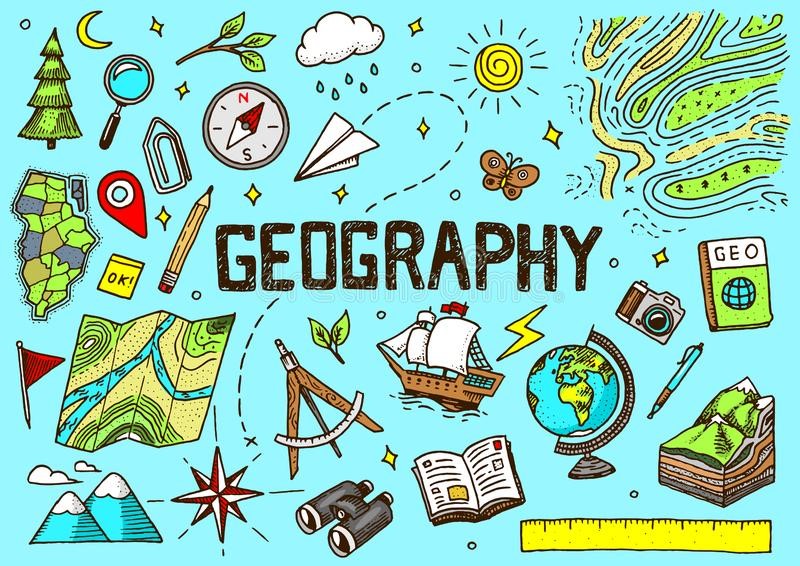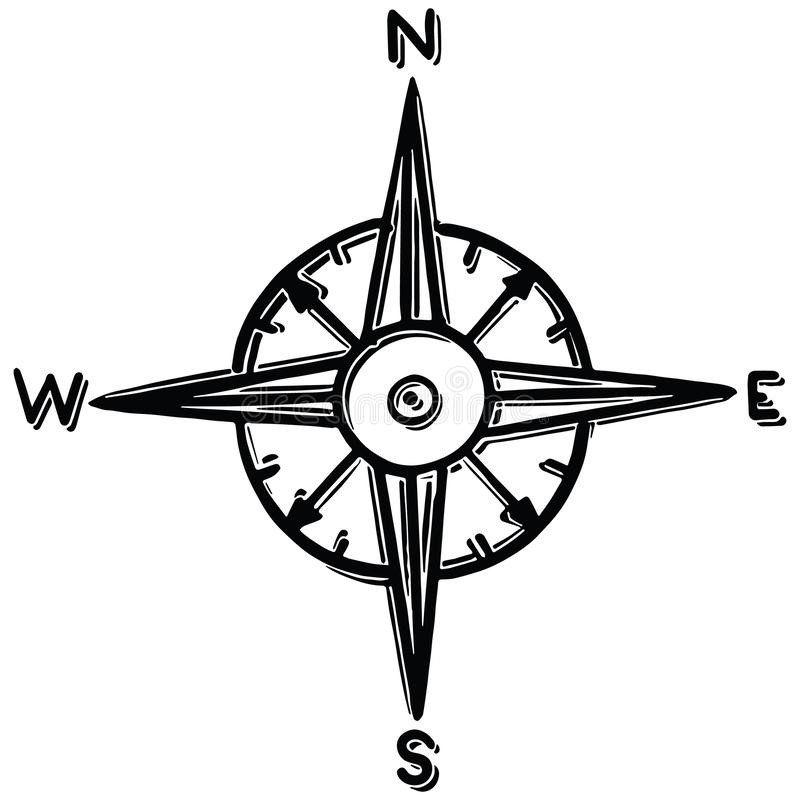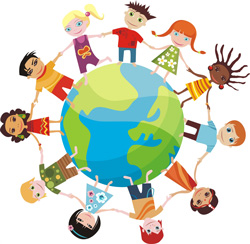Geography
Curriculum Intent
 At Dorridge Primary School we aspire to give children a high-quality geographical education. Our intent is to inspire pupils to become fascinated and curious about the world and its people. As geographers they are able to develop their knowledge of significant places and locations, locally, nationally and globally. We aim to challenge pupils and provide an environment in which they can thrive from their learning and the challenges it produces. Geography is taught through the IPC scheme which enables children to approach learning by developing the knowledge, skills and understanding necessary to confidently face the world of tomorrow. Through the DPC units, teaching equips pupils with knowledge about diverse places, people, resources and both natural and human environments.
At Dorridge Primary School we aspire to give children a high-quality geographical education. Our intent is to inspire pupils to become fascinated and curious about the world and its people. As geographers they are able to develop their knowledge of significant places and locations, locally, nationally and globally. We aim to challenge pupils and provide an environment in which they can thrive from their learning and the challenges it produces. Geography is taught through the IPC scheme which enables children to approach learning by developing the knowledge, skills and understanding necessary to confidently face the world of tomorrow. Through the DPC units, teaching equips pupils with knowledge about diverse places, people, resources and both natural and human environments.
We want the children to see geography not just as written resources, maps and atlases, but as a way of exploring the amazing things around them. Wherever possible, our geography curriculum is enhanced by trips and visitors, as these bring the curriculum alive to our children and create lifelong memorable experiences. We are also committed to outdoor learning opportunities whenever we can. Fieldwork is a vital part of our geography. All pupils are encouraged to ask questions, think critically and develop their own sense of perspective of the world. By deepening our children’s knowledge of geography, we will help them to understand how the world has grown and changed over time, the diversity of people’s lives and the possibility for us to live sustainability for the future.
 Curriculum Implementation
Curriculum Implementation
Geography is taught in line with the attainment targets outlined in the National Curriculum. Using the DPC curriculum guidance, children will follow the age-related expectations, with lessons aiming to be planned and structured in an immersive way, allowing children of all abilities to thrive. The DPC units chosen will allow children to investigate a variety of people, places and environments at different scales in the United Kingdom and across the world. Children will begin to use their knowledge to make links between different places in the world using subject-specific vocabulary.
As the children work their way through the school, their knowledge and skills develop in a progressive manner, allowing them to build on and broaden their prior learning.
Locational Knowledge – Within this, children name and locate the worlds continents, countries, oceans, and capital cities. As the children progress, they will look deeper into this, focusing on using maps to explore a countries environmental regions, mountain ranges, hills, coasts and rivers. They will look at land-use patterns and understand how some of these have changed over time. Children will also look at the position and significance of latitude, longitude, the Equator, Northern/Southern Hemisphere, the Tropics of Cancer and Capricorn, Arctic and Antarctic circle, the Prime/Greenwich Meridian and time zones.
Place Knowledge – Children should understand geographical similarities and differences through the study of human and physical geography. Within Key Stage 1 the children focus on a small area of the United Kingdom and a small area of a contrasting non-European country. In Key Stage 2, this further progresses to them looking at a region of the United Kingdom, a region in a European country and a region within North or South America.
Human and Physical Geography – In Key Stage 1, the children focus on identifying seasonal and daily weather patterns in the United Kingdom and the location of hot and cold areas of the world. They are able to recognise the difference between human and physical features. Physical - This progress from beach, cliff, coast, forest, hill, mountain, sea, ocean, river, soil, valley, vegetation, season and weather; to including climate zones, biomes and vegetation belts, rivers, mountains, volcanoes and earthquakes, and the water cycle in Key Stage 2. Human - city, town, village, factory, farm, house, office, port, harbour and shop progressing to types of settlement and land use, economic activity including trade links, and the distribution of natural resources including energy, food, minerals and water in Key Stage 2.
Geographical Skills and fieldwork – Children develop practical skills within this area of Geography, using atlases, maps and globes to identify countries, continents and oceans, furthering this in Key Stage 2 by using digital/computer mapping. Compass skills are also developed, initially looking at the 4 points, and progressing onto 8 points, also developing their directional language through map work, references, symbols and ordinance survey maps. The children will also have opportunities to use fieldwork and observational skills to study the school, surrounding areas in Key stage 1, furthering this in Key stage 2 by measuring, recording and presenting the human and physical features in the local area using a range of methods, including sketch maps, plans and graphs, and digital technologies.
 From EYFS to Year 6 the children are given a range of opportunities to explore the school and surrounding areas through the use of fieldwork. Using their observational skills to record and measure the features the children are given excellent hands-on opportunities to embed their geographical knowledge. Through cross-curricular learning, the children use digital mapping and online resources to explore countries and cities further afield, comparing them to those around them
From EYFS to Year 6 the children are given a range of opportunities to explore the school and surrounding areas through the use of fieldwork. Using their observational skills to record and measure the features the children are given excellent hands-on opportunities to embed their geographical knowledge. Through cross-curricular learning, the children use digital mapping and online resources to explore countries and cities further afield, comparing them to those around them
Below is a list of external website links please look at these to discover more about different areas of Geography. Please note that, as these are external sites, it is possible that they may change or disappear without warning!
- KS1 - BBC Bitesize - Geography
- KS2 - BBC Bitesize - Geography
- https://www.natgeokids.com/uk/teacher-category/geography/
- National Geographic- Explore Geography at home.
- Google Earth - Download and install Google Earth to explore the world
- Google Expeditions – Download and explore the fascinating sights the world has to offer.
- Countryside Alliance - Investigate factors affecting our countryside.
- Ordanance survey- Ordnance Survey Map Zone.
- Passport to Knowledge- Find out more about the Worlds Rainforests.
- Fun Recycling! - Look into recycling and how you can make a difference.
- Shape it Up - Kinetic City - Play a game showing how erosion affects the Earth.
- https://world-geography-games.com
- http://www.crickweb.co.uk/ks2geography.html
